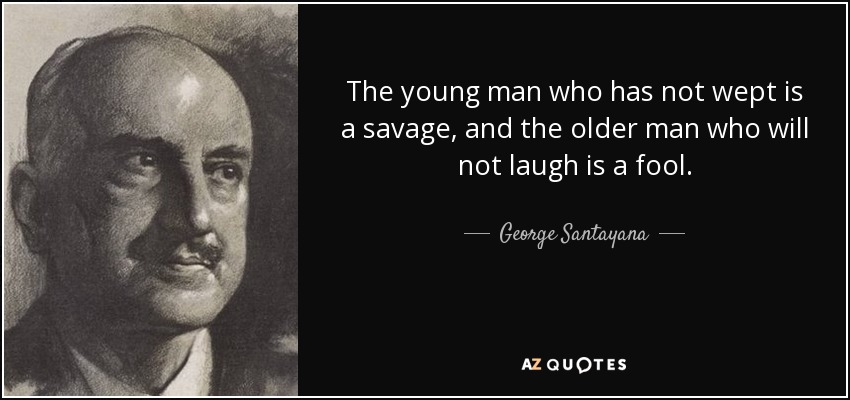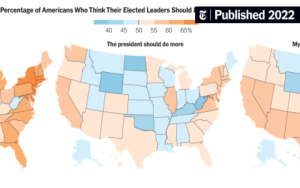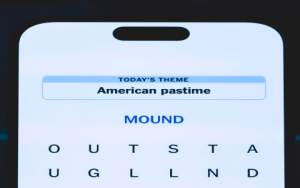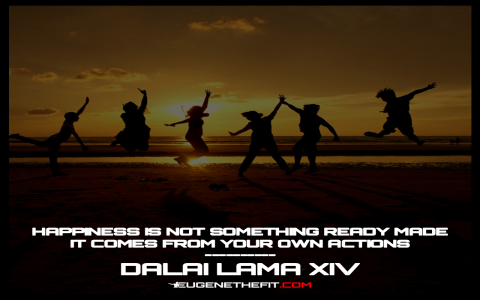Alright folks, here’s the deal. That question "What is the young man who has not is a savage?" got stuck in my head like a bad song. I mean, what’s it really saying? It sounds old-timey and confusing, right? So I grabbed my notebook and decided to tackle it head-on. No fancy theories, just real-life poking around.
Step 1: Staring at the Damn Phrase
First, I just wrote it down. "What is the young man who has not is a savage?" Man, the grammar feels... off. It reads weird. I broke out my phone and googled similar phrases. Took a few tries. Finally stumbled on something close: apparently it's a twist on a very old saying, like ancient Greek kind of old. The original was probably something like "He who cannot obey cannot command," or maybe stuff about learning. But this version was messing with my head. Made me think: is it saying a young guy without something specific becomes uncivilized? Without what? Experience? Guidance? Money? Manners? Had to dig deeper.
Step 2: Hunting Down the Roots
Spent a good hour chasing this rabbit hole. Found out it might be a jumbled reference to quotes by folks like Socrates or Aristotle, talking about youth and discipline. The core idea seemed to be: if a young person hasn't been shaped, taught, disciplined – hasn't "had" that formative experience – he remains undeveloped, maybe even wild or "savage". Okay, that kinda clicked. Like raw potential needs training. Simple enough on the surface. But wanted to feel it, not just read it.

Step 3: Trying It Out IRL
Time for action! I thought about places where you see that potential needing direction. Volunteered at a local teen center for an afternoon. Watched. Talked to the youth workers. Saw a couple of kids, bright sparks but restless, unfocused – almost bouncing off the walls. The staff were great, gently nudging them into activities, setting boundaries, listening. You could see moments where a bit of structure calmed the chaos. Nothing dramatic, just small stuff. Like a kid arguing over a game controller, and a worker calmly stepping in with "How about we switch turns?" instead of letting it escalate. Simple discipline. Guidance. Without it? Yeah, things definitely felt like they'd head south fast. Felt messy, real, and totally showed me the "has not" part. It wasn't about things, it was about experiences and rules.
Step 4: My Simple Takeaway
So here's where I landed after all that. The phrase boils down to this: Potential ain't enough. That "young man" represents untapped talent, energy, life. But without the shaping force – without learning, discipline, guidance, experiences that build character and restraint (the "has not" part) – that raw energy doesn't magically become valuable. It might just stay chaotic, even destructive. A bit like a wild plant; left alone, it might grow, but it won't bear good fruit without tending. Savage isn't about being cruel necessarily, but about being uncontrolled, untamed by the stuff that builds civility. Seeing those kids getting that little bit of structure? That was the "simple explanation" right there, playing out in front of me. It clicked. It’s not complicated when you see it happen. Untamed energy needs direction. Period.











